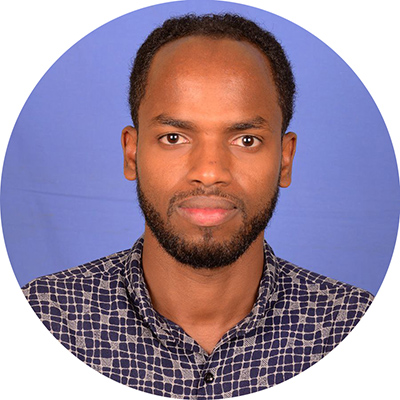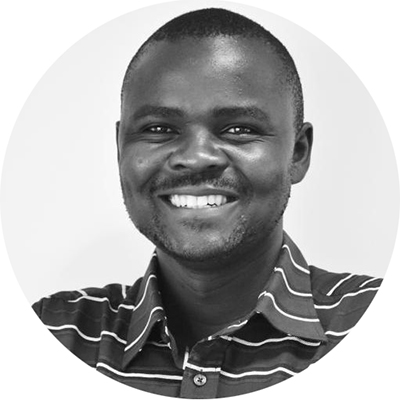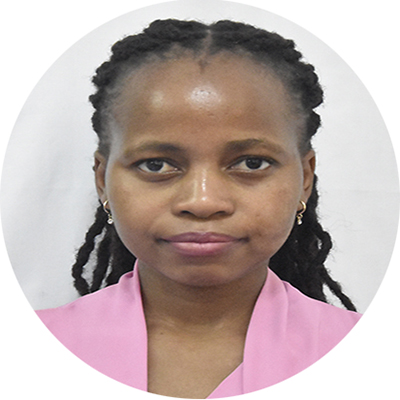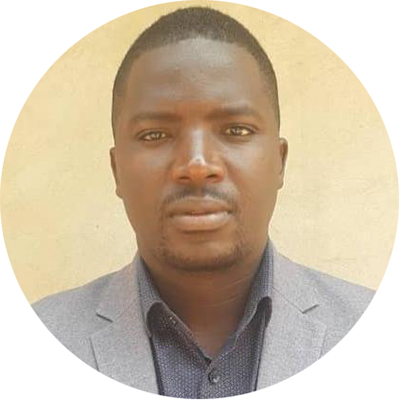Recruitment of EPI-Biostat Fellows’ at London School of Hygiene & Tropical Medicine completed
EDCTP and the Africa Centres for Disease Control and Prevention (Africa CDC) have partnered to train 150 epidemiologists and biostatisticians across Africa. Seven of these “EPI-Biostat Fellows” have been selected and have enrolled in their Master’s training at the London School of Hygiene & Tropical Medicine (LSHTM), as part of the East and Southern African Consortium for Outbreak Epidemiology Training (ENTRANT).
The seven Fellows were selected from 111 applications received from candidates currently working as public health practitioners in one of the six ENTRANT partner countries (Botswana, Ethiopia, Kenya, Tanzania, Uganda and Zambia). Applications were screened and scored independently by a panel of three reviewers, and candidates were then interviewed by the ENTRANT principal investigator and two other members from the steering committee before final selection.
The seven Fellows, who started their training in September 2022, join the eight Fellows who were selected in 2021 and who are currently completing their MSc studies at LSHTM before going on to further training as part of the ENTRANT scheme. The cohort of 15 Fellows will be in regular communication throughout the ENTRANT programme to support each other and share their experiences. Through the ENTRANT programme they seek to establish a critical mass of infectious disease epidemiologists to work with National Public Health Institutes and Ministries of Health and their academic and research partners, to prevent and respond to emerging outbreaks and public health emergencies.
The Fellows
-

Kwana Lechiile
-

Jabir Aliye Abdulahi
-

Isaac Egesa
-

Monica Mtei
-

Christopher Baleke
-

Amanda Wanyana
-

Gerald Chongo
Boosting capacity in epidemiology and biostatistics
For decades, Africa has faced challenges in responding to public health emergencies. Epidemiological data is often unavailable or severely limited and there is a shortage of skilled personnel and systems to collect and analyse available data and efficiently translate them into policy and practice. The COVID-19 pandemic has further exposed the severe shortages in the public health workforce, infrastructure and inadequate capacity for public health research and emergency response across Africa.
To address this capacity gap, EDCTP and Africa CDC partnered in a €7.5 million initiative to support institutions in Africa and Europe to train a cadre of public health workforce that will boost epidemiological and biostatistical capacity on the African continent through Master’s degree programmes in epidemiology and biostatistics.
Following a competitive call for proposals, 10 consortia, comprising 42 African and 9 European institutions, were supported. All consortia have completed recruitment. A special launch event for all consortia and their fellows is expected to take place at the end of 2022.
Africa CDC
Africa CDC is a specialised technical institution of the African Union that strengthens the capacity and capability of Africa’s public health institutions as well as partnerships to detect and respond quickly and effectively to disease threats and outbreaks, based on data-driven interventions and programmes. For more information, visit the Africa CDC website: www.africacdc.org.
EDCTP
The mission of the European & Developing Countries Clinical Trials Partnership (EDCTP) is to reduce the social and economic burden of poverty-related diseases in developing countries, in particular sub-Saharan Africa, by accelerating the clinical development of effective, safe, accessible, suitable, and affordable medical interventions for HIV/AIDS, tuberculosis, malaria and neglected infectious diseases. EDCTP is supported by the European Union under Horizon 2020, its Framework Programme for Research and Innovation. For this call, funding received from the European Union and United Kingdom Official Development Assistance from the Department for Health and Social Care (DHSC) is gratefully acknowledged. For more information, visit the EDCTP website edctp.lndo.site.
Further reading
- First EDCTP and Africa CDC-supported Epidemiologists and Biostatisticians start their training
- EDCTP and Africa CDC collaborate to develop capacity for outbreak and epidemic response in sub-Saharan Africa (9 April 2020)
- EDCTP and Africa CDC partner to train highly skilled epidemiologists and biostatisticians in Africa (4 March 2021)
- Call for proposals: Capacity development for disease outbreak and epidemic response in sub-Saharan Africa, in collaboration with Africa CDC – 2020 (Closed)
